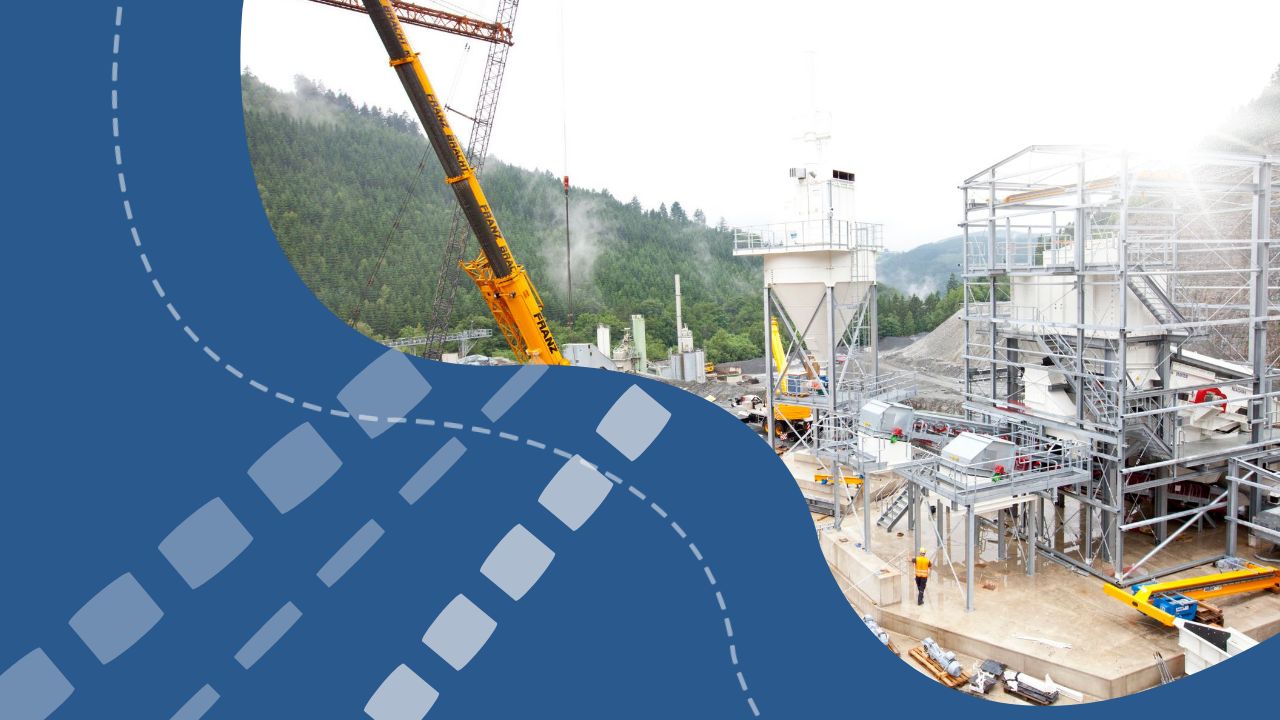Nikolay Radostovets, the executive director of the Republican Association of Mining and Metallurgical Enterprises, has suggested resetting the tax rate on mineral extraction (NDPI) for the processing of technogenic mineral formations left after metal extraction. Speaking at the MINEX-2024 forum, Radostovets emphasized the need for tax incentives to stimulate the recycling of technogenic mineral waste. With over 60 billion tons of such waste accumulated in Kazakhstan, only about 11% is currently recycled annually. Radostovets proposed exempting the processing of these waste materials from NDPI, considering them as the property of the licensee after processing. Furthermore, he advocated for a reduced NDPI rate for processing state-owned waste materials.
Additionally, Radostovets raised concerns about the licensing of metal exports, suggesting that licenses should only be granted if internal demands are met. He highlighted the challenge of aligning pricing policies with international standards to promote metal processing. The association also recommends clarifying tax regulations to allow deductions for all expenses related to geological exploration, irrespective of whether specific areas are designated in new contracts.
Radostovets proposed that in cases of unsuccessful exploration, expenses should still be deductible from the annual income of non-contractual activities. He also suggested ensuring the reimbursement of excess VAT on exploration expenses regardless of exploration results or the presence of exports of solid minerals or processed products.

